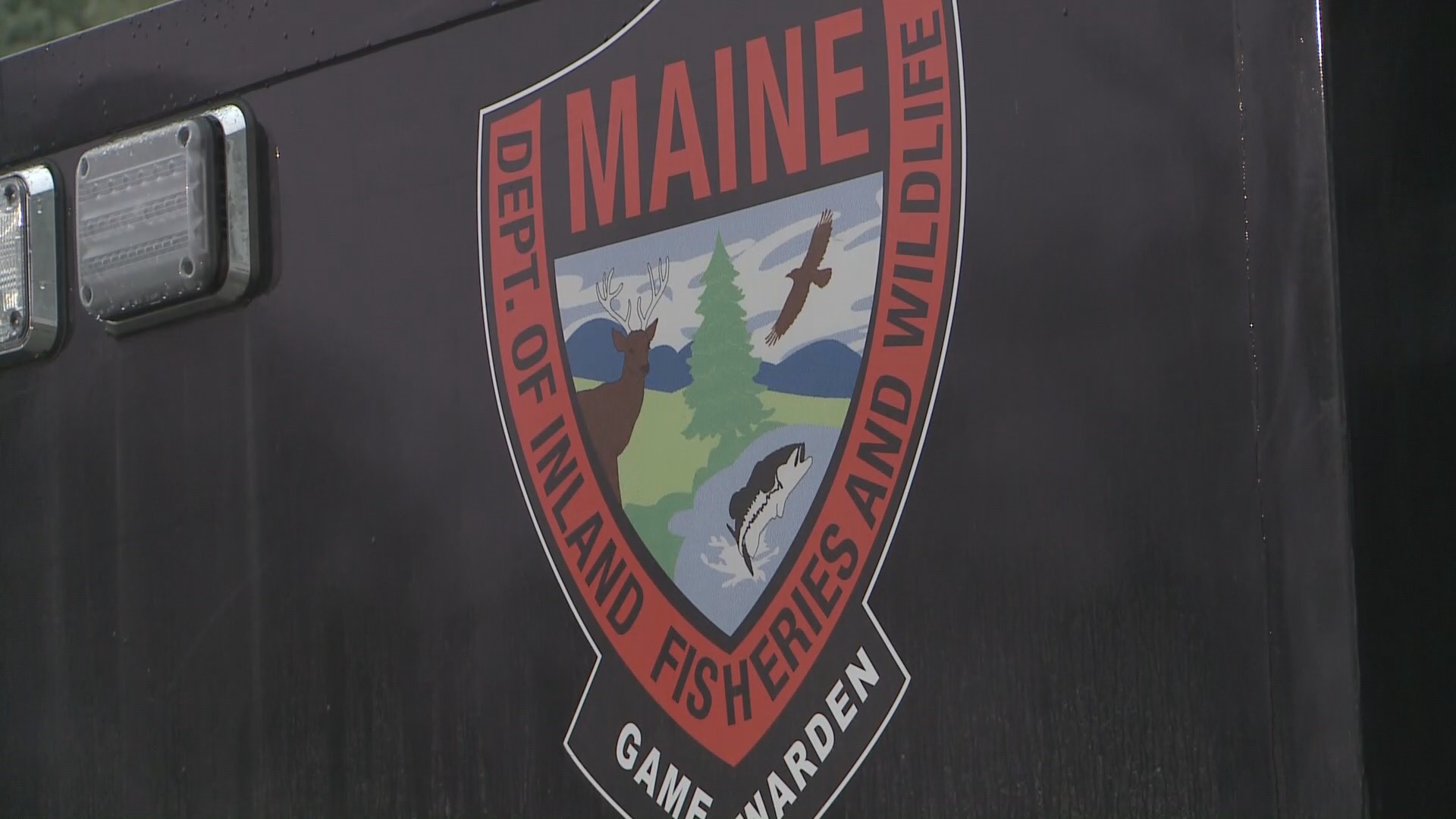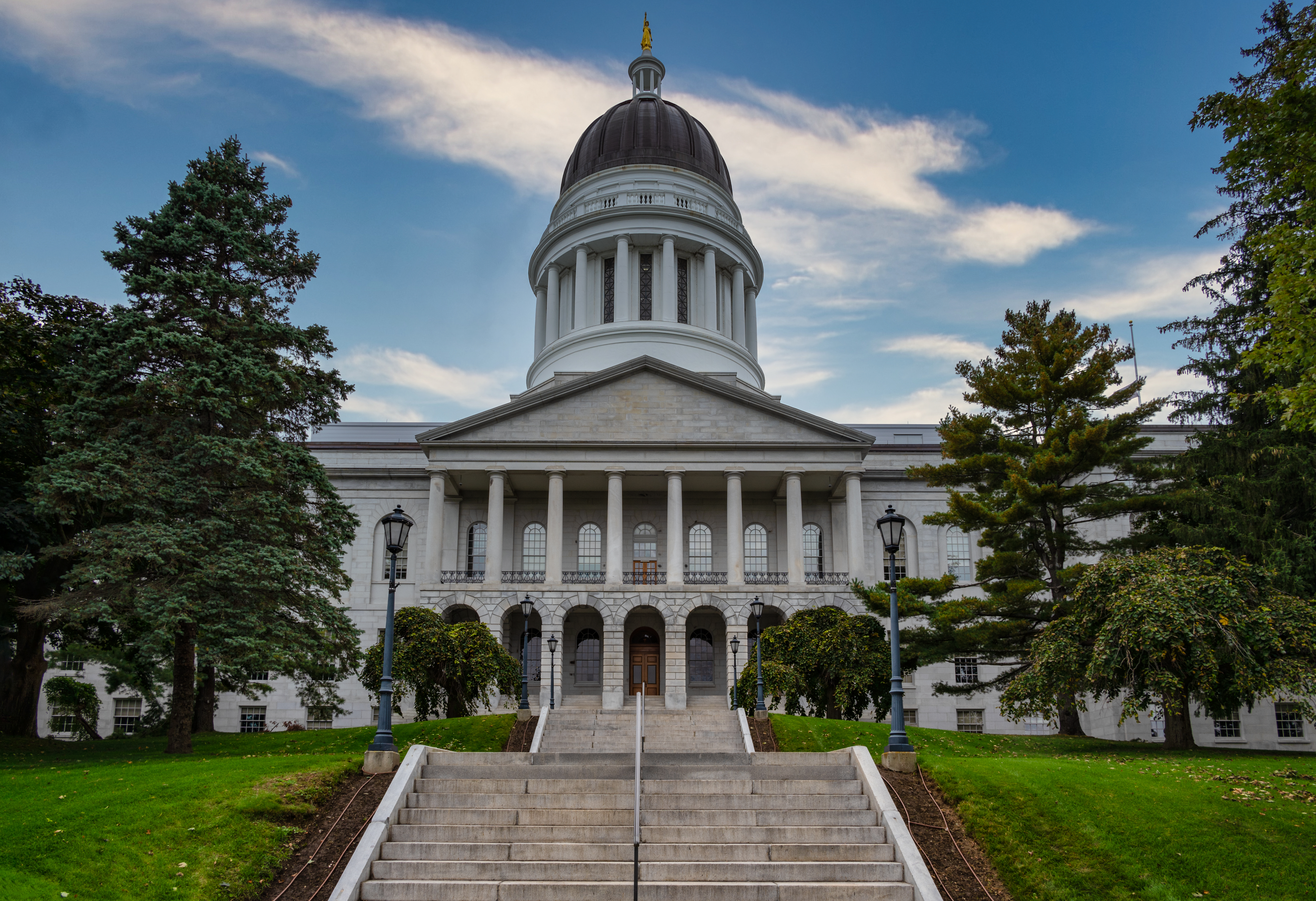Scientists say the Gulf of Maine is warming at a faster rate than any other ocean in the world and, if the trend continues, it could have a major impact on the fishing industry.
Twenty-nine-year-old Scott Werner of Falmouth, Maine, has been hauling lobster traps since he was a boy.
"We just grew up doing it. My old man did it. My grandfather did it," Werner said on board the 42-foot Aldebaron.
He says the size of his catch depends largely on the temperature. Colder water makes lobsters lethargic, while warmer water makes them hungry and therefore easier to catch.
"The year before last, they hit really early. This year they came in late. I don't know what they're gonna do tomorrow," he said.
Scientists can't predict with that much precision either, but Andy Pershing, the chief scientific officer for the Gulf of Maine Research Institute, said temperature data between 2004 and 2013 shows that the Gulf of Maine has warmed at a faster rate than 99 percent of the global ocean.
"This is a magnitude of change that our ecosystem probably hasn't experienced and I think very few other ecosystems have experienced this kind of rapid change in temperature," Pershing said.
A big question now is what it could mean for commercial fisheries. In 2013, Maine's lobster catch was valued at $364 million - 80 percent of the total value of Maine's commercial fisheries. Pershing says the warming trend could increase landings in the short term, but could have a negative impact on lobster health and reproduction rates in the future.
Maine
The latest news from around the state
"The big worry is if we were to stay on this trend for a number of years, we could see some of the same shellfish disease issues that have devastated southern New England," Pershing said.
While some lobstermen remain skeptical that the warming trend is permanent, they say even a bad year or two could put some fishermen out of business.
"We have a lot of money tied up in boats and gear. Many of us have families. It's scary to think about," Werner said.
Pershing said the information isn't meant to alarm, but to further the conversation about how to manage Maine's fisheries in the face of a rapidly changing ocean.



